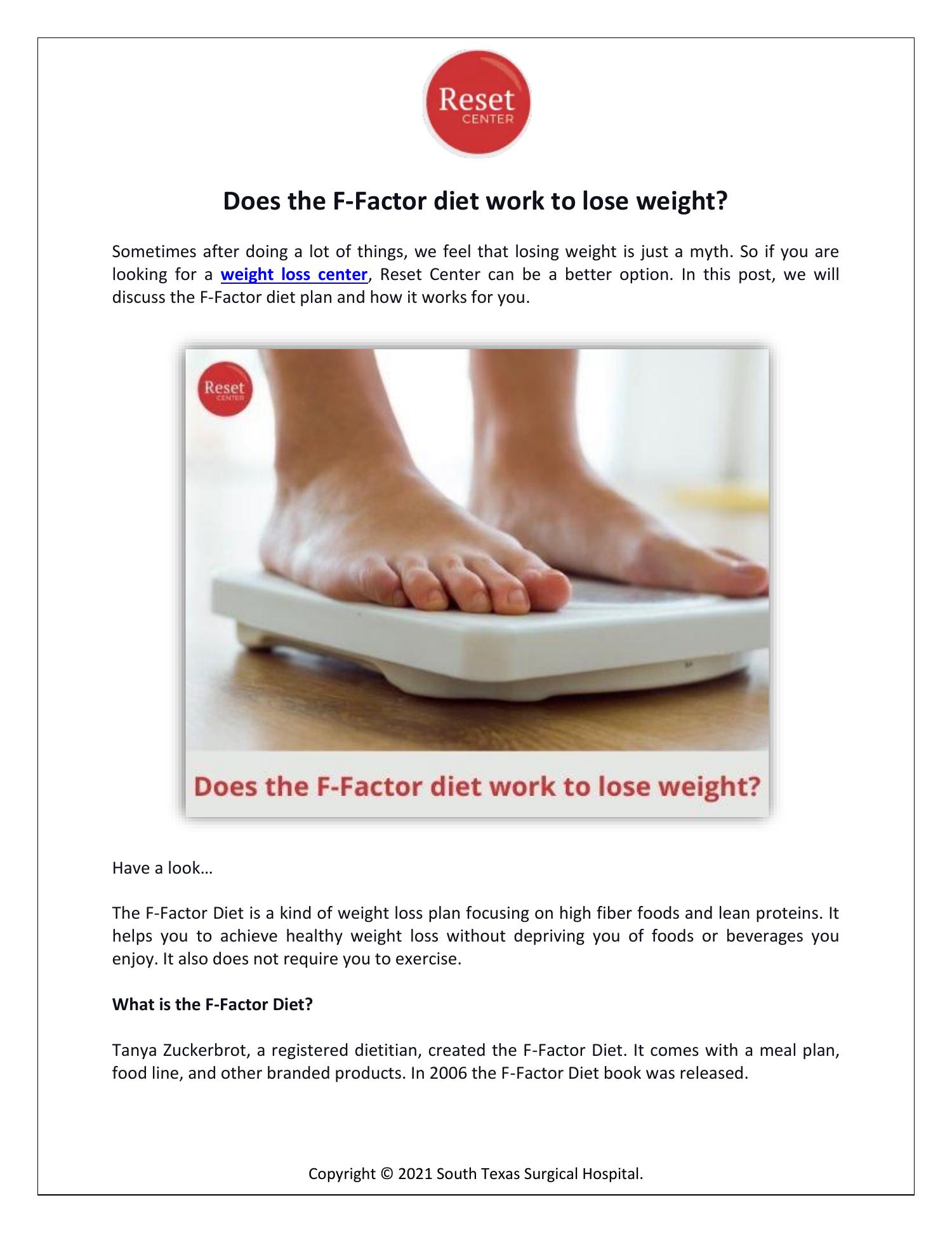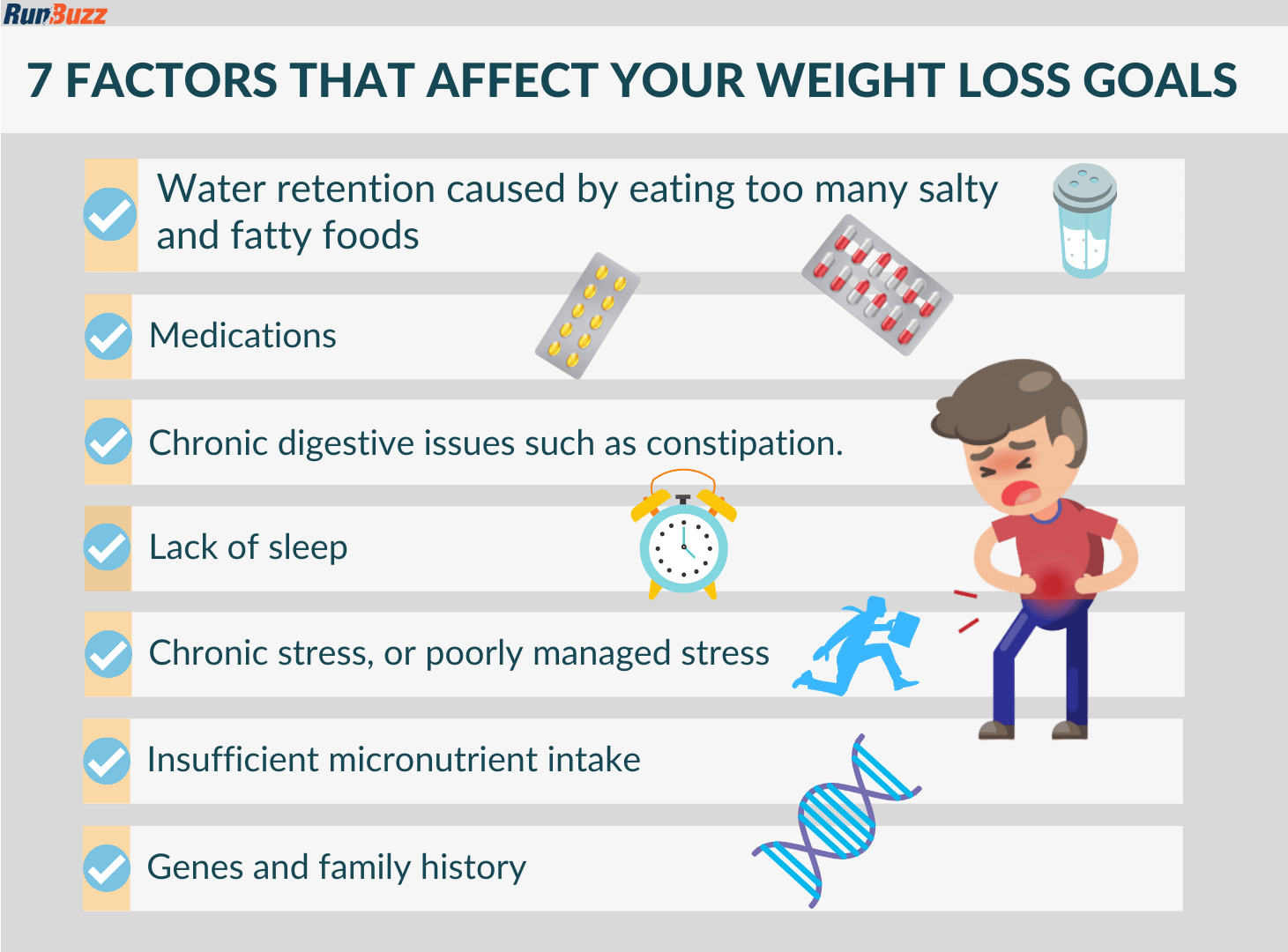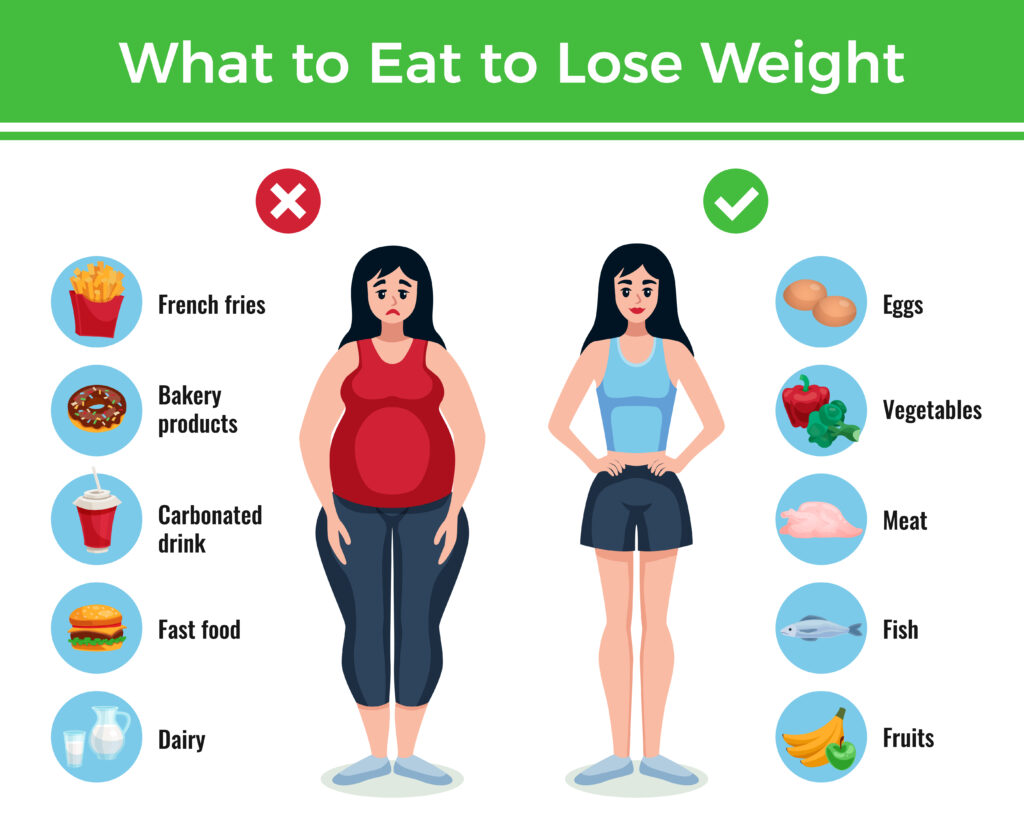Does Focus Factor Help You Lose Weight

In a society relentlessly pursuing the ideal body, the allure of a simple solution to weight loss is powerful. Focus Factor, primarily marketed as a brain health supplement, has increasingly found itself in conversations surrounding weight management. But does this cognitive enhancer truly offer a shortcut to shedding pounds, or is it another case of misleading marketing preying on desperate hopes?
This article delves into the science, or lack thereof, behind claims linking Focus Factor to weight loss. We will examine the supplement's ingredients, scrutinize available research, and consult with medical experts to provide a comprehensive, evidence-based answer. Ultimately, our goal is to separate fact from fiction, empowering readers to make informed decisions about their health and weight loss journeys.
The Core Ingredients: A Cognitive Cocktail
Focus Factor's formula comprises a complex blend of vitamins, minerals, and botanical extracts. These include vitamins A, C, D, E, and various B vitamins, as well as minerals like iron, zinc, and selenium. Added to this mix are ingredients like DMAE, choline, and a proprietary blend of plant extracts.
The primary aim of these ingredients is to support cognitive function, memory, and focus. But the key question remains: How might these compounds impact weight?
Examining the Evidence: Cognitive Boost vs. Metabolic Shift
Currently, no credible scientific studies directly prove that Focus Factor causes weight loss. Neither the manufacturer nor independent research has established a causal relationship between the supplement and reduced body weight. Most studies focus on cognitive benefits.
Some ingredients, such as certain B vitamins, play a role in energy metabolism. However, these vitamins are readily available through a balanced diet. Supplementation is unlikely to produce significant weight loss unless an individual has a pre-existing deficiency.
Caffeine, sometimes present in variations of Focus Factor, can temporarily increase metabolic rate. This increase is generally minimal and unsustainable for long-term weight management. Furthermore, caffeine can have adverse side effects for some individuals.
Expert Opinions: A Cautious Perspective
Registered dietitians and physicians generally express caution regarding weight loss claims associated with Focus Factor. They emphasize the importance of a holistic approach that prioritizes a balanced diet, regular exercise, and adequate sleep.
One expert stated:
"While some ingredients in Focus Factor might indirectly support energy levels, they are not a substitute for healthy lifestyle choices. Weight loss requires a calorie deficit achieved through diet and exercise, not a magic pill."
Another added: "The lack of robust scientific evidence linking Focus Factor to weight loss should raise a red flag for consumers. Relying on supplements without addressing the underlying causes of weight gain is unlikely to be effective and could potentially be harmful."
Beware of Misleading Marketing
The marketing surrounding Focus Factor can be confusing. Testimonials and advertisements sometimes imply a connection to weight management without providing concrete evidence. It is crucial to differentiate between anecdotal claims and scientifically validated results.
The Federal Trade Commission (FTC) has a history of cracking down on companies making unsubstantiated claims about dietary supplements. Consumers should be wary of any product promising effortless weight loss without requiring lifestyle changes.
A Forward-Looking Conclusion: Focus on Fundamentals
While Focus Factor may offer cognitive benefits for some, it is not a proven weight loss solution. The available scientific evidence does not support the claim that it can directly lead to significant weight reduction.
Sustainable weight loss requires a commitment to a healthy lifestyle, including a balanced diet, regular physical activity, and stress management. Individuals seeking to lose weight should consult with a healthcare professional or registered dietitian to develop a personalized plan tailored to their needs.
Ultimately, the pursuit of a healthy weight should be grounded in evidence-based strategies, not wishful thinking. Focus on the fundamentals of diet and exercise for sustainable and lasting results.


















